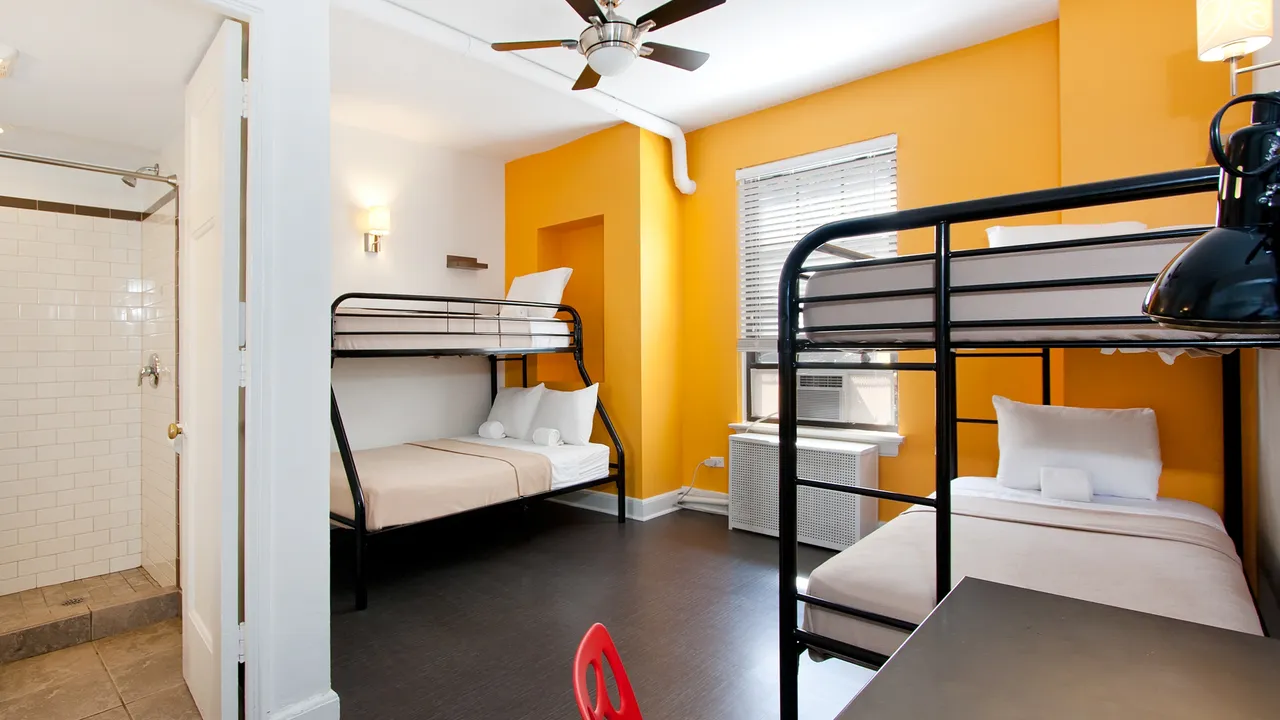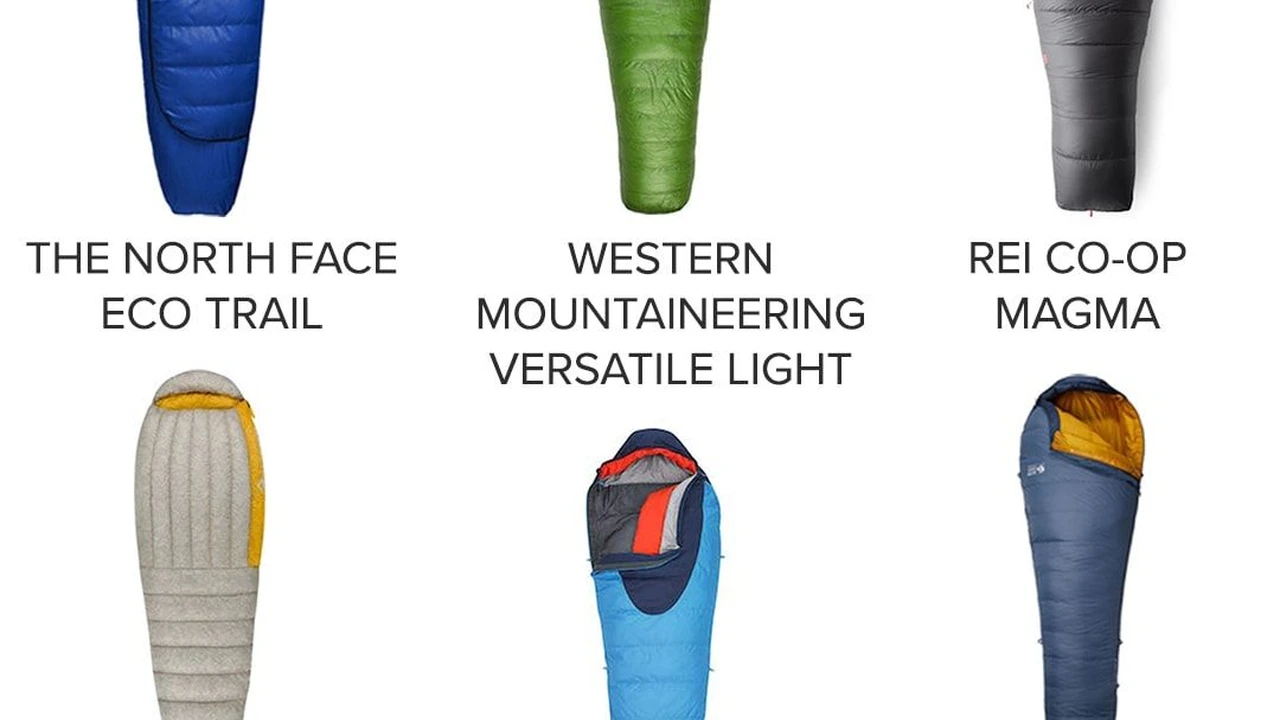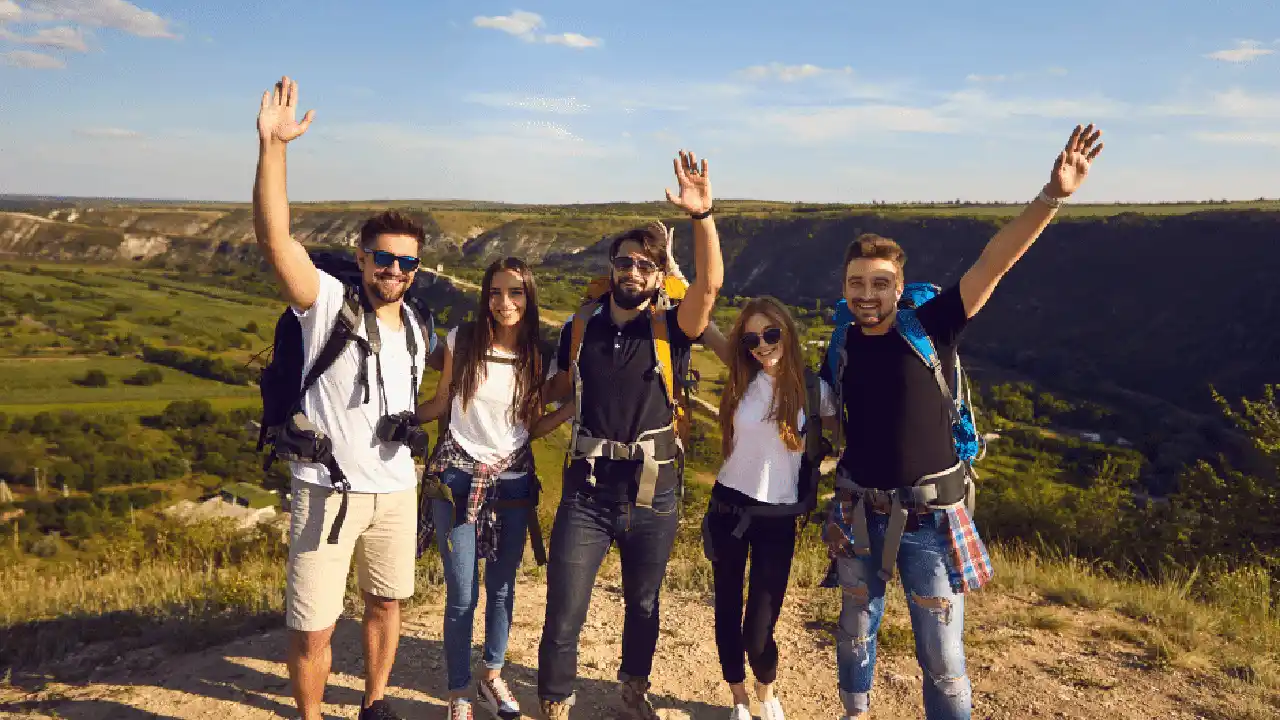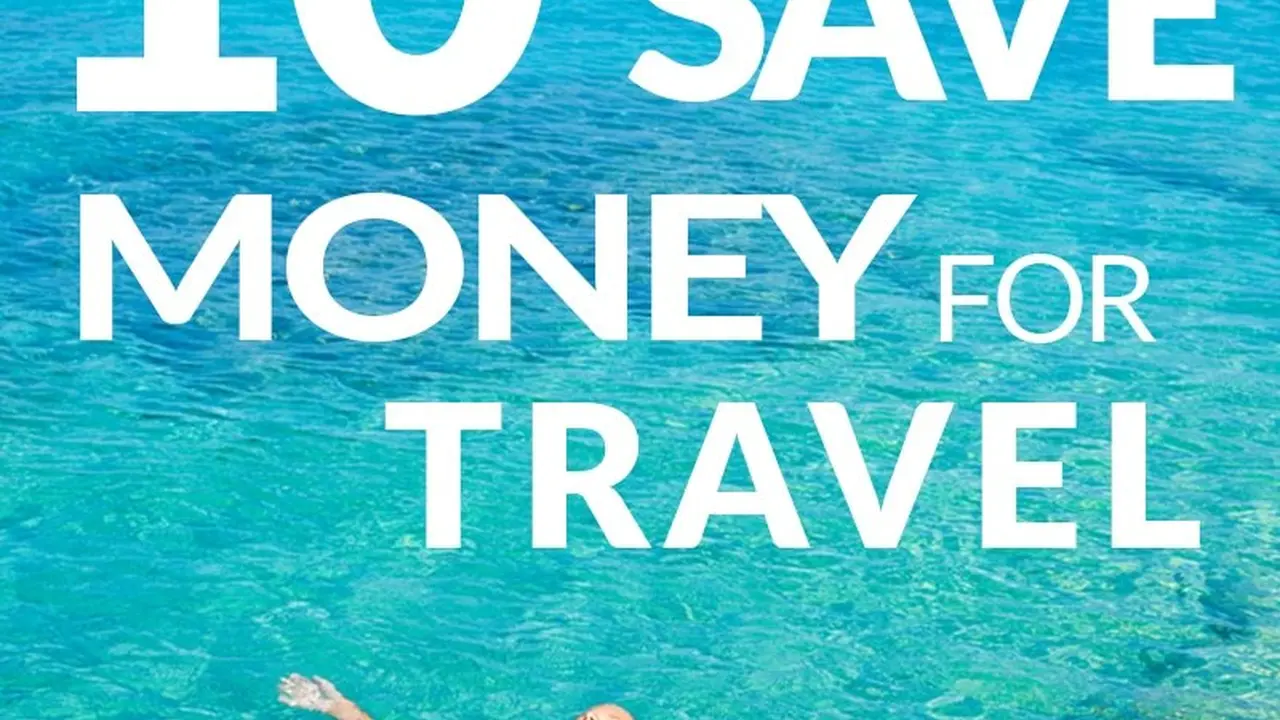Southeast Asia_ Solo Travel Safety Tips
Southeast Asia Solo Travel Safety Tips: Stay safe while traveling solo in Southeast Asia with these essential tips. Learn about common scams, local customs, and emergency contacts. Enjoy a confident and secure solo adventure.
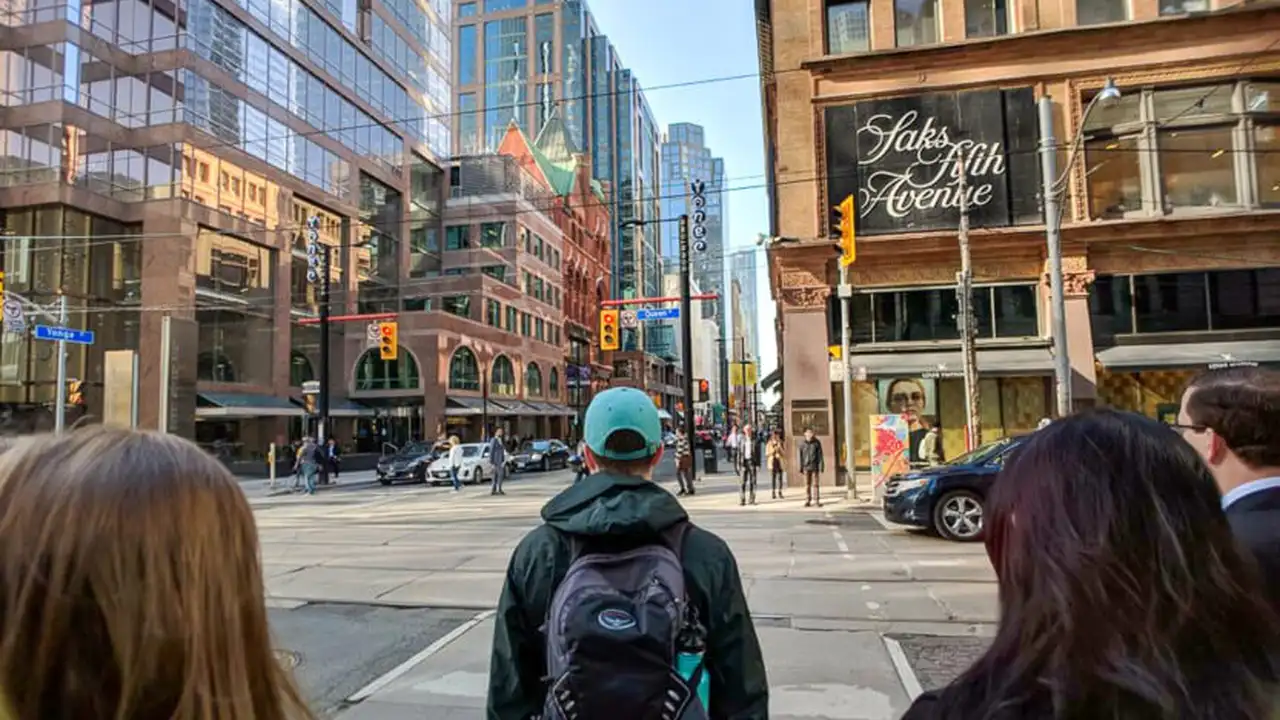
Southeast Asia Solo Travel Safety: Understanding the Landscape
So, you're thinking about backpacking through Southeast Asia solo? Awesome! It's an incredible experience, full of vibrant cultures, stunning landscapes, and delicious (and cheap!) food. But let's be real, traveling alone, especially as a woman, means being extra cautious. This isn't about scaring you; it's about equipping you with the knowledge to stay safe, confident, and have the adventure of a lifetime. Think of it as your digital travel buddy whispering helpful advice in your ear.
First things first, let’s talk about the general safety vibe. Southeast Asia, in general, is pretty safe. Violent crime is relatively rare, but petty theft, scams, and tourist traps are definitely things you need to be aware of. The level of safety can vary significantly from country to country, and even from city to city. Researching your specific destinations is key. Are you heading to bustling Bangkok or a remote island in the Philippines? Each requires a different approach.
Southeast Asia Solo Female Travel Safety: Specific Concerns and Precautions
Okay, ladies, let's get specific. As a solo female traveler, you might face some unique challenges. Harassment, unwanted attention, and scams targeting women are unfortunately realities in some areas. But don't let that deter you! Being prepared and knowing how to react can make all the difference.
Dress Code Awareness: While Southeast Asia is generally tolerant, dressing modestly can help you avoid unwanted attention, especially in more conservative areas. Think loose-fitting clothing that covers your shoulders and knees when visiting temples or religious sites. A sarong is your best friend – it's versatile, lightweight, and can be used as a skirt, shawl, or even a makeshift blanket.
Transportation Safety: Be extra cautious when using public transport, especially at night. Avoid taking taxis or tuk-tuks alone late at night. If you have to, use a reputable ride-hailing app like Grab (common in Southeast Asia) and share your ride details with a friend or family member. Always be aware of your surroundings and trust your gut. If something feels off, get out of the situation.
Accommodation Safety: Choose your hostels and hotels wisely. Read reviews carefully, paying attention to comments about safety and security. Look for places with good lighting, secure doors, and lockers. When you check in, make sure to lock your valuables and keep your door locked at all times.
Alcohol and Partying: It's tempting to let loose and party, but be mindful of your alcohol consumption, especially when you're alone. Avoid leaving your drink unattended and be wary of accepting drinks from strangers. Stay aware of your surroundings and stick with people you trust.
Southeast Asia Common Scams: How to Avoid Being a Target
Scams are a sad reality of traveling, but being aware of them can help you avoid becoming a victim. Here are a few common scams to watch out for:
The Gem Scam: Someone approaches you claiming to be a friendly local who wants to show you a great gem store. They might even tell you they work for the government and can get you a discount. The gems are usually overpriced and fake.
The Motorbike Scam: You rent a motorbike, and when you return it, the owner claims you damaged it and demands a hefty payment. Always take photos and videos of the motorbike before you rent it, noting any existing scratches or damage. Rent from reputable companies and get insurance.
The Closed Attraction Scam: Someone tells you that the attraction you're trying to visit is closed and offers to take you to an alternative (usually a shop where they get a commission). Always check the official opening hours of attractions beforehand.
The \"Helpful\" Stranger Scam: Someone offers to \"help\" you with your luggage or directions, and then demands a tip. Be polite but firm in declining unsolicited help.
The Tea Ceremony Scam: You're invited to a \"free\" tea ceremony, where they pressure you into buying overpriced tea.
The Broken Meter Taxi Scam: The taxi driver claims the meter is broken and tries to charge you an inflated fare. Insist on using the meter or negotiate a price before you get in.
Pro Tip: A healthy dose of skepticism goes a long way. If something seems too good to be true, it probably is. Trust your instincts and don't be afraid to say no.
Southeast Asia Staying Connected: Communication is Key
Staying connected is crucial for safety and peace of mind. Here's how to stay in touch:
Buy a Local SIM Card: This is the easiest and cheapest way to stay connected. You can usually buy a SIM card at the airport or in a local convenience store. Make sure your phone is unlocked before you travel.
Use Wi-Fi: Many hostels, cafes, and restaurants offer free Wi-Fi. However, be cautious when using public Wi-Fi, as it's often unsecured. Use a VPN (Virtual Private Network) to encrypt your data and protect your privacy.
Inform Someone of Your Itinerary: Share your travel plans with a friend or family member and check in with them regularly. Let them know where you're going and when you expect to be back. This way, if something happens, they'll know where to start looking.
Southeast Asia Emergency Contacts: Know Who to Call
It's always a good idea to have a list of emergency contacts handy. Here are a few important numbers to keep in mind:
- Local Police: 112 or 191 (numbers can vary by country, so research before you go)
- Ambulance: 112 or 1669 (numbers can vary by country)
- Fire Department: 112
- Your Embassy or Consulate: Find the contact information for your embassy or consulate in the country you're visiting.
Pro Tip: Save these numbers in your phone and write them down in a notebook, just in case your phone dies.
Southeast Asia Essential Safety Gear: What to Pack
Packing the right gear can make a big difference in your safety and comfort. Here are a few essentials:
- Personal Alarm: A small, loud alarm that you can use to attract attention if you feel threatened.
- Door Stop Alarm: A portable door stop alarm that will sound if someone tries to open your door.
- Money Belt or Hidden Pouch: To keep your valuables safe and out of sight.
- First-Aid Kit: Including antiseptic wipes, bandages, pain relievers, and any personal medications.
- Water Purification Tablets or Filter: To ensure you have access to clean drinking water.
- Flashlight or Headlamp: For navigating dark streets or trails at night. The Black Diamond Spot 350 Headlamp (around $40) is a great option – it’s lightweight, bright, and has a long battery life.
- Pepper Spray (Check Local Laws): In some countries, pepper spray is legal for self-defense. Check the local laws before you pack it.
Southeast Asia Apps for Solo Travel Safety: Tech to the Rescue
There are some great apps that can help you stay safe and connected while traveling solo:
- Maps.me: Offline maps that can be used without an internet connection. Download the maps for your destinations before you go.
- Grab: Ride-hailing app common in Southeast Asia.
- WhatsApp: For staying in touch with friends and family.
- Google Translate: For communicating with locals who don't speak your language.
- TripAdvisor: For reading reviews of hotels, restaurants, and attractions.
- bSafe: A personal safety app that allows you to share your location with trusted contacts and send out an SOS alert if you need help.
Recommended Safety Products for Southeast Asia Solo Travel
Let's talk specific product recommendations to boost your safety:
SiamMandalay Wooden Door Stopper Alarm: This simple device wedges under your door and emits a loud alarm if someone tries to open it. It’s small, lightweight, and provides an extra layer of security. You can find it on Amazon for around $15.
Go Travel Worldwide Adapter with USB Charging: Staying charged is crucial. This adapter works in most countries and has USB ports for charging your phone and other devices. Available on Amazon for about $30.
Lewis N. Clark RFID Blocking Stash Wallet: Protect your credit cards and passport from electronic theft with this RFID-blocking wallet. It’s slim, discreet, and fits comfortably under your clothes. Priced around $25 on Amazon.
Comparison: Consider the size and features you need. A simple money belt is good for cash, but an RFID wallet offers more protection for your cards. Door stop alarms offer different levels of loudness and sensitivity, so read reviews carefully.
Southeast Asia Trust Your Gut: The Most Important Tip
Ultimately, the most important safety tip is to trust your gut. If something feels wrong, it probably is. Don't be afraid to remove yourself from a situation that makes you uncomfortable. Your intuition is a powerful tool, so listen to it.
Solo travel in Southeast Asia can be an incredibly rewarding experience. By being aware of the risks, taking precautions, and trusting your instincts, you can have a safe, confident, and unforgettable adventure. Happy travels!
:max_bytes(150000):strip_icc()/277019-baked-pork-chops-with-cream-of-mushroom-soup-DDMFS-beauty-4x3-BG-7505-5762b731cf30447d9cbbbbbf387beafa.jpg)



